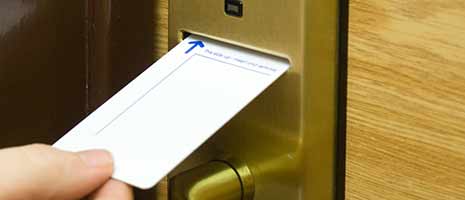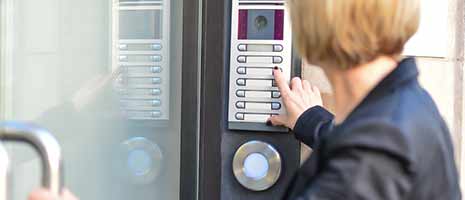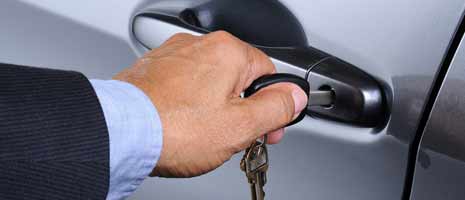Roswell GA Locksmith LLC - A Mobile Service
24/7 Emergency Mobile Locksmith Service
Call us (678) 626-0691
What to Do When You Lose Your Transponder Key
 Most of us have been in the frustrating situation of misplacing our car key. Usually, after turning up all of the couch cushions and searching in every pair of pants in the dirty clothes pile, we find our keys and can go about our day with the crisis averted. However, on those unlucky days when you realize that your vehicle’s key is actually lost for good, it can be a frustrating situation. In this article, we’ll discuss what to do when you lose your vehicle’s transponder key in order to resolve the situation as smoothly as possible.
Most of us have been in the frustrating situation of misplacing our car key. Usually, after turning up all of the couch cushions and searching in every pair of pants in the dirty clothes pile, we find our keys and can go about our day with the crisis averted. However, on those unlucky days when you realize that your vehicle’s key is actually lost for good, it can be a frustrating situation. In this article, we’ll discuss what to do when you lose your vehicle’s transponder key in order to resolve the situation as smoothly as possible.
What is a Transponder Key?
If your vehicle uses manual locks and keys and was manufactured in the last two decades, you’ve probably been using a transponder key this whole time without realizing it. Transponder keys usually have a plastic fob (head) which houses a microchip that gives these keys their name. The microchip is programmed to be linked to your car or truck by being programmed with a matching code that is unique to your specific vehicle. Transponder keys don’t make a difference when it comes to locking or unlocking your doors, as the focus of their security protection is the ignition system. The role they play there is significant.
When you insert your transponder key into the ignition to start your car, the key and your ignition system speak to each other via radio signals sent back and forth between the two components. Your engine’s computer needs to match the code sent from the microchip in your transponder key or it won’t recognize the key. When this match is validated, your vehicle will disengage the immobilizer, allowing your vehicle to start up.
Transponder keys were developed in the mid-1990s in response to rising vehicle crime rates. Manufacturers needed a cost-effective solution to match this threat. At the time, transponder keys were upheld as an exciting innovation in vehicle security, and in fact, their implementation was instrumental in lowering auto theft and similar crime rates. Since that time, transponder key technology has become widespread. In recent years, this type of vehicle antitheft technology has been overtaken by keyless entry systems, and vehicles with transponder keys are becoming less common. However, many vehicles on the road still utilize this technology to keep them safe from intrusion.
Why Do Transponder Keys Need to Be Programmed?
Since transponder keys operate via radio signals, the microchip that every transponder key house needs to be specially programmed by a professional in order to match the numerical code your particular vehicle is looking for. If this programming doesn’t match, your vehicle won’t recognize your key, even if physically there are no problems. Sometimes, issues can arise that cause your transponder key’s programming to become erased or scrambled, leading to problems operating or sometimes even starting your vehicle. When this occurs, a locksmith can reprogram your transponder key to function properly again.
Have You Lost Your Transponder Key?
If you’ve lost your transponder key, you may, like many, assume that you can have any key duplicator make you a replacement for a few dollars. The reality is that transponder key duplication is significantly more expensive and takes longer than regular, non-chip key duplication. This is mostly due to the microchip and the programming it requires. Many people assume they’ll have to go to a dealership to have their transponder key replaced, but in most cases, a qualified locksmith can perform this service for you at your location for a far lower price than the alternatives.
If you have reason to believe that your transponder key was stolen instead of just going missing, you may want to speak to a certified automotive locksmith to see whether it would be advisable to change or rekey your locks instead of just replacing your transponder key. While this service may cost more, it’s worth it if it prevents someone from breaking into or stealing your vehicle.
How Do I Prevent Losing My Transponder Key?
If you haven’t yet lost your transponder key, or you want to prevent the situation from reoccurring in the future, there are some preventative measures that you can build into your regular routine which will significantly lower your risk of losing this important key. First, always ensure that you have a spare key made, as it’s well worth the investment to not have to make an emergency locksmith call. Keep this spare key in an accessible but secure place, such as in a home safe or with a trusted friend or relative.
Second, be sure to establish a habit of always checking for your keys when you lock your vehicle up. It usually takes about 3 weeks to establish a habit, so until then, mindfully focus on where your keys are both before and after you lock your vehicle up. Many of us become so busy with our responsibilities that we tend to be distracted, especially during our morning and afternoon commute and while running errands.



